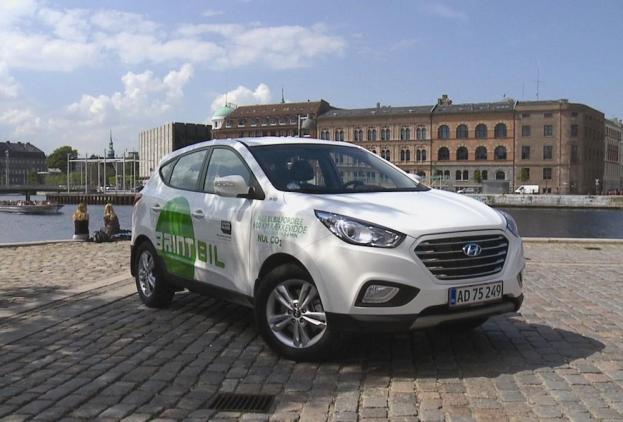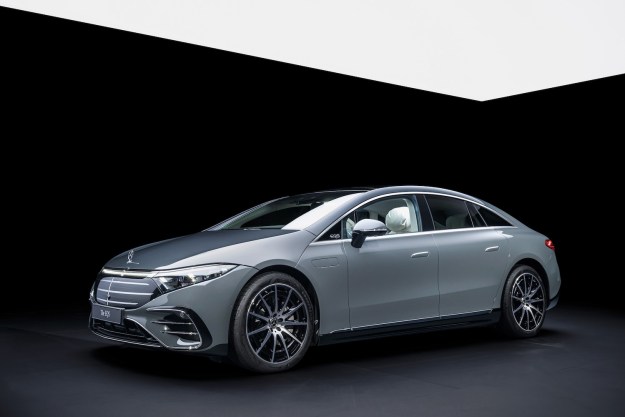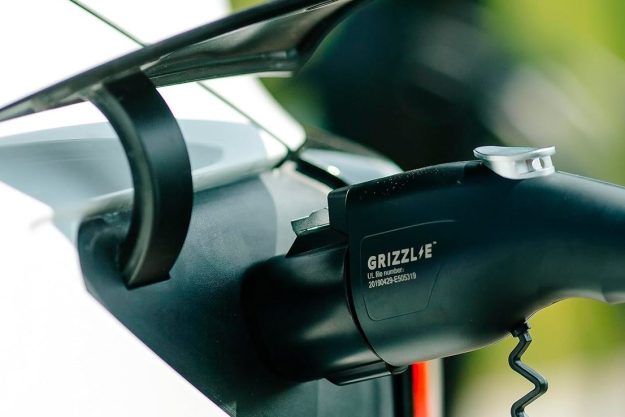 Hyundai has clearly placed its bets on fuel cell electric vehicles (FCEV) to drive the future of its green initiatives.
Hyundai has clearly placed its bets on fuel cell electric vehicles (FCEV) to drive the future of its green initiatives.
The question is – how much is the carmaker really betting on the technology?
After starting production of the company’s hydrogen-fueled vehicle in February, a few Hyundai fuel cell vehicles are already on the road in Europe, according to Green Car Reports.
Hyundai, which has been working on the technology since 1998, says it plans to build 1,000 hydrogen powered ix35 compact crossovers by 2015.
Built at its Ulsan factory in South Korea, Hyundai’s hydrogen technology is expected to make its way to the U.S. as a Tucson Fuel Cell vehicle – as a potential consumer model or fleet vehicle, reports Green Car.
Still, the Korean-based carmaker seems to be somewhat skeptical about the real potential for the technology in the U.S. – at least in the near future.
“The fuel cell station infrastructure in the US still needs the government’s financial support,” Hyundai spokesman Miles Johnson, told AutoblogGreen, as reported by Green Car. “Infrastructure development in the US has been slow, thereby limiting any potential demand.”
In May, Hyundai announced that it was teaming up with the Energy Department on a new public-private partnership called H2USA, which is focused on advancing hydrogen infrastructure to support fuel cell electric vehicles (FCEVs).
Named after the chemical symbol for hydrogen, the H2USA partnership brings together government agencies, gas suppliers, the hydrogen and fuel cell industries and other automakers including Mercedes-Benz, Nissan and Toyota.
However, according to Green Car reports, the cost to install Hydrogen stations can cost more than $1 million each, with roughly 15,000 needed to cover the U.S. if each one were placed in the ideal locations.
Couple that with the fact that even if the stations are built there’s no guarantee consumers will buy or lease the vehicles given their high costs, and it seems only logical that Hyundai might be growing more skeptical of its earlier plans for fuel cell cars in the U.S.
Editors' Recommendations
- Hyundai’s hydrogen fuel cell truck makes hauling freight green and glamorous
- BMW teases hydrogen cars again with fuel cell X5 concept


